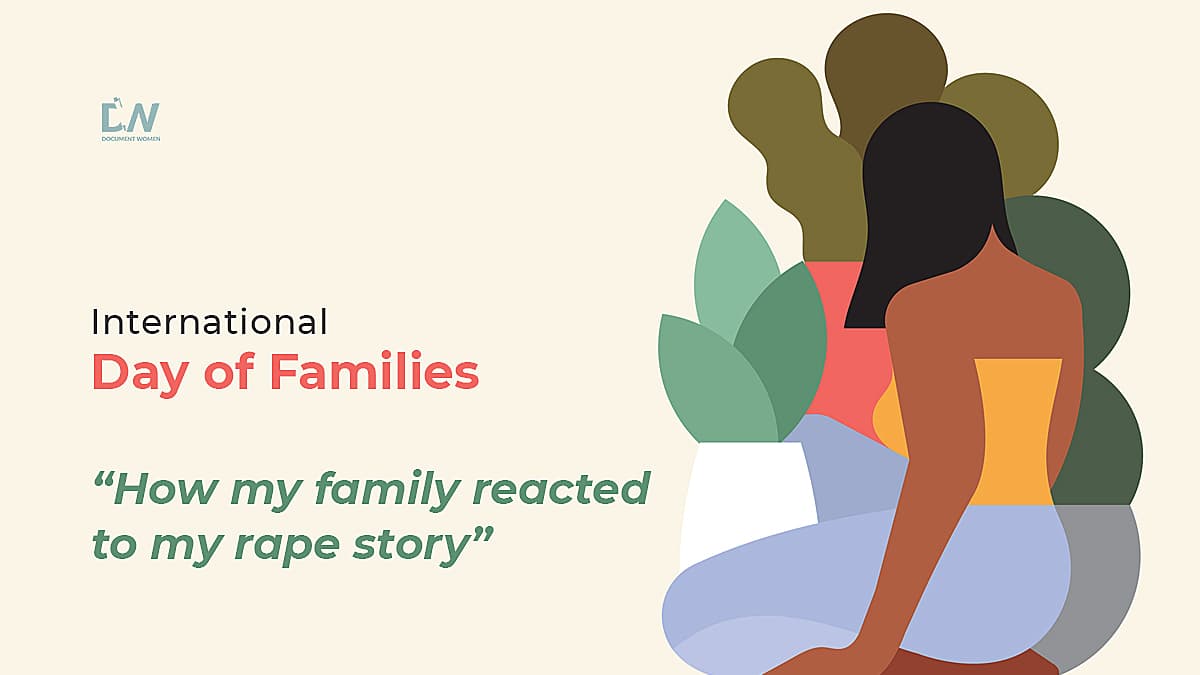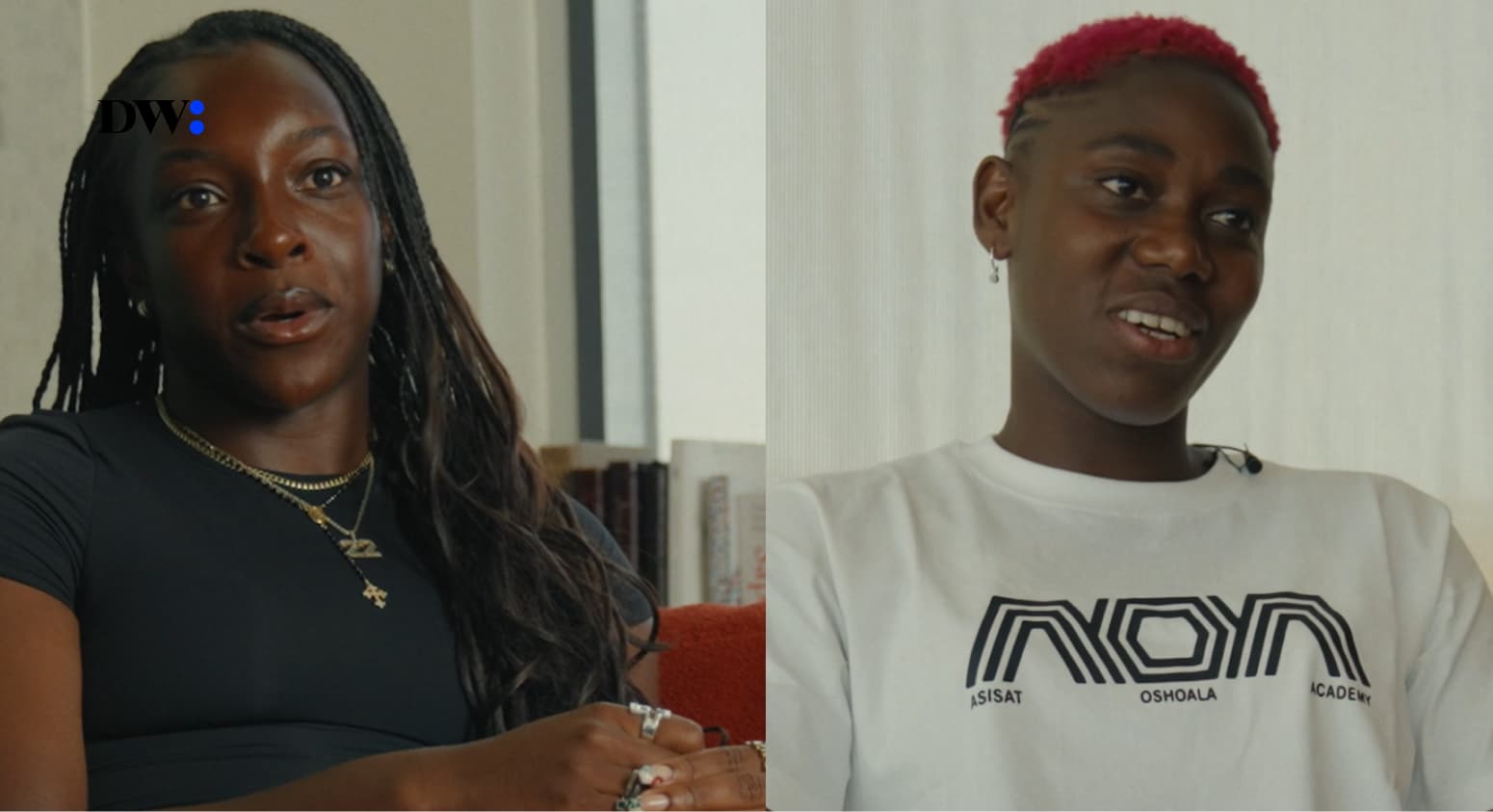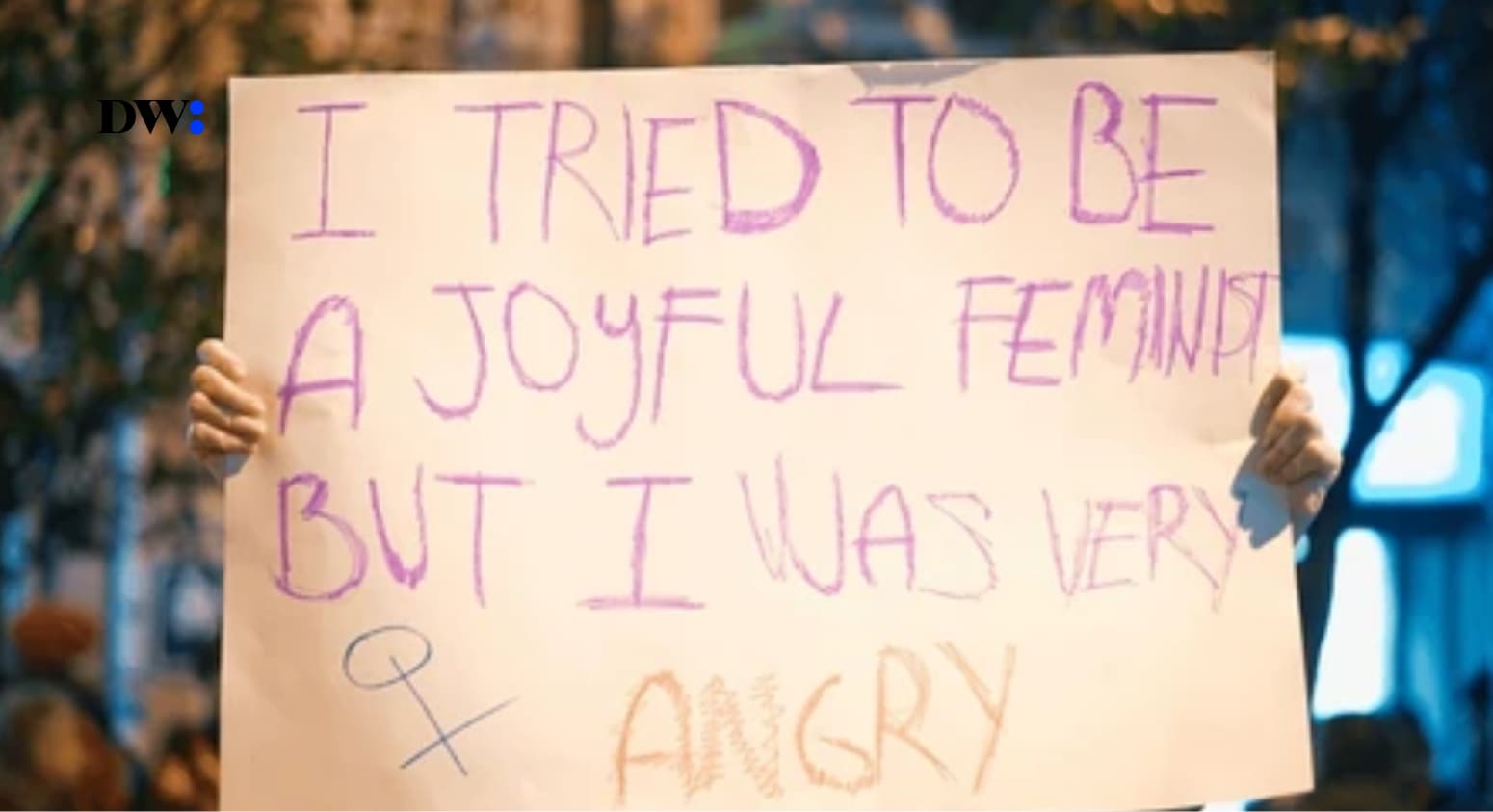One of my closest friends – let’s call her Q – is a 24-year-old woman from Kano, northern Nigeria. She was sexually assaulted by her cousin for 10 long years. This abuse started when she was only 11.
He would constantly sexually molest her by forcing her to engage in sexual activities with him. In only a few years, things started to get worse and then one day, he forcefully penetrated her.
It wasn’t until a decade later, after Q had moved back to Nigeria from a university abroad, that she decided to open up about it – first speaking to her siblings, then her aunts, one of whom eventually told his mother. His mother, who had played an active role in Q’s upbringing, didn’t handle the disclosure well.
Today, years after she’s learned about her son molesting and raping her niece, his mother still refuses to discuss it or even ask how Q is doing. She’s yet to seek or offer any help in Q’s healing process. She simply refuses to acknowledge that it truly did happen, despite never denying it.
As a result of the reaction Q received, she wishes she hadn’t spoken up about it in the first place. All the adults in her family know of the rape, yet no one has tried doing anything about it. This, Q tells me, is almost more heart-breaking than the experience itself. Every day she’s forced to interact with him, she tells me, she’s filled with anger and resentment. It feels like everyone has chosen his side – and maybe they have.
Q’s mother refuses to speak to him (the rapist) about it because she thinks he might be embarrassed and end up committing suicide. “I’ve been suicidal since I was 12. I’ve contemplated killing myself so much after speaking up; sometimes, I wish I had,” Q says. “I’m trying so hard to heal but I know I’m not healing. I’m only getting angrier and angrier.” As she narrates the story to me, about the family’s protection of her rapist, I’m left wondering: “Where is the duty of care for Q?”
All around us, there are such heart-breaking stories about families significantly contributing to the detriment of the mental health of many Arewa women. In ‘A Mark of Shame’, I write about M, whose family nurtured her anxiety, depression, bipolar disorder and PTSD. Elsewhere, I document how the realities of Arewa women – especially in cases like Q’s – can easily lead them to substance abuse.
Families should be the first contact when in trouble; but ever so often, the family is the least helpful group. In many Arewa homes, families are more worried about other people’s assessment of the situation, than the healing of their own daughter; “What would people say?” dictates everyday decisions – weighing outsiders’ perception of the family over admonishing the rapist son accordingly, even though this should not be the case.
Survivors of sexual violence have so much to deal with. This includes the emotional, psychological, physical and sexual effects of the abuse. In addition, Arewa women, in particular, are subjected to stigma and shame for having gone through such abuse – “Who would marry you now that you’re not a virgin?” and “You mustn’t tell anyone about this; it will reflect poorly on our family.” This rationale is timeworn and ill-informed and while we can justify it contextually – the region being the least educated in the country – it is inexcusable.
It’s time parents, and siblings alike, are held accountable for their actions; it’s time they educate themselves about sexual violence (because these things do happen) and how to provide support for a daughter who has been victimized. It’s time for sensitisation; time to love our daughters more, be more empathetic to survivors. Because our reaction has a huge impact on their healing. For Q, the reaction is very telling; “I forgive them for not noticing when it started but I can’t bring myself to accept and forgive their reaction,” she says.





